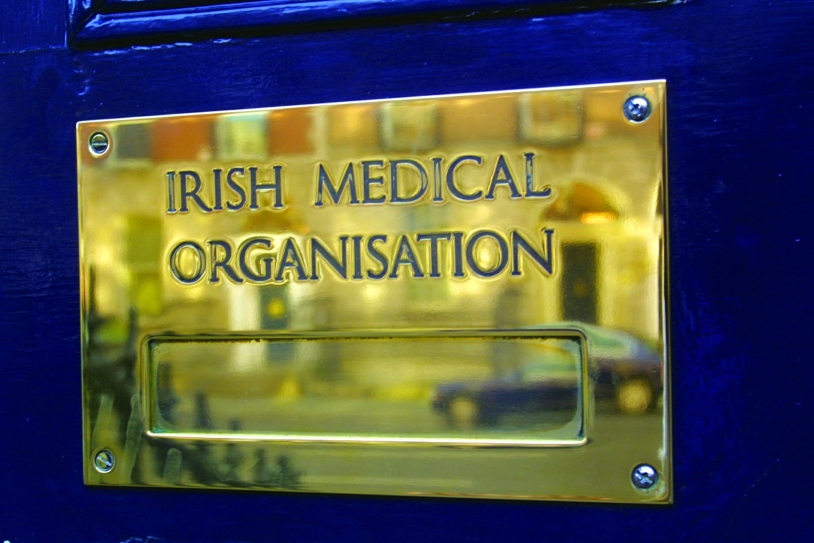Minister for Health Stephen Donnelly has welcomed the announcement by the European Commission that it has authorised the use of the Pfizer/BioNTech COVID-19 vaccine.
This means that roll-out of the vaccines can begin across the European Union.
Minister Donnelly said: “After a very difficult year, it is great to be moving into 2021 with the wonderful news that the first Covid-19 vaccine has been approved for use in the European Union. Our priority was to ensure that any COVID vaccine administered in Ireland meets all of the rigorous safety and efficacy requirements of the EMA [European Medicines Agency], and so this is a huge achievement by our medical and scientific communities.
“Within the coming days, we will begin administering this vaccine in Ireland. We have detailed plans in place for this roll-out through the National Covid-19 Vaccination Strategy. The most vulnerable will be prioritised first and over time, these vaccines will allow us to re-open our society and economy. In the meantime, I am asking everyone to continue to follow the public health guidance. Covid-19 is still with us, and it is still deadly. We all know the right actions – wash your hands, wear a face covering, maintain a two-metre social distance and remember that every contact counts.”
The European Medicines Agency’s human medicines committee (CHMP) and its experts have been working to evaluate data submitted by BioNTech and Pfizer. Following that work, today the EMA has recommended granting a conditional marketing authorisation for the Pfizer BioNTech vaccine. This was granted by the European Commission this evening.
The vaccines will be made available free of charge in Ireland and have been authorised for use for those above the age 16. Comirnaty is given as two injections into the arm, at least 21 days apart.
The vaccines will be rolled out in three phases – the initial roll out is expected to begin before the end of the year. This will be followed by a mass ramp-up as more vaccines become available, and then open access.
The highest priority groups, those over the age of 65 living in long-term care facilities and frontline healthcare workers in direct patient contact, will receive the vaccine first.
Vaccines will be administered from long-term care facilities, hospitals, mass vaccination clinics, GP surgeries and community pharmacies. This will be done by qualified and trained healthcare workers, including hospital doctors, community medical officers, nurses, GPs and pharmacists.
Minister Donnelly said: “I would like to take a moment to thank the health care professionals who will now move to administer this vaccine safely. They have worked selflessly all year to protect us from the worst impacts of Covid-19 and will continue to do so as the vaccine becomes available. We all have a role to play in supporting their heroic efforts by trying our best to avoid catching and transmitting this virus over the coming festive period.”
Meanwhile, this evening, a further 727 confirmed cases of Covid-19 have been announced in the daily figures. No deaths were notified.
Dr Tony Holohan, Chief Medical Officer, Department of Health, said: “Our current disease trends are gravely concerning. The situation has deteriorated rapidly in recent days. A total of 3,837 cases have been notified in the past 7 days. The five-day rolling average has increased from 339 on 17 December to 616 on 21 December, an 82 per cent increase. It is now as important as it was back in March to limit your contacts and protect your loved ones.”
Dr Lorraine Nolan, Chief Executive, Health Products Regulatory Authority, said: “Today we welcome a highly significant announcement from the European Medicines Agency in their recommendation to approve a first vaccine for Covid-19 in Europe. It is a key development in our continued efforts to tackling this pandemic. This will become one additional defence in our suite of public health actions to protect us from Covid-19.”
Prof Philip Nolan, Chair of the NPHET Irish Epidemiological Modelling Advisory Group, said: “The virus is transmitting very rapidly, faster than we have seen at any point since March. The case numbers are growing at least 5-7 per cent per day and, of particular concern, across all age groups.”
Dr Cillian De Gascun, Medical Virologist and Director of the National Virus Reference Laboratory, said; “To date, the novel SARS-CoV-2 UK variant has not been detected in Ireland. However, as we know the variant has been circulating in the UK since September, therefore we cannot exclude the possibility that the variant is already in Ireland. We are prioritising the sequencing of cases with confirmed or suspected links to the UK.”













Leave a Reply
You must be logged in to post a comment.